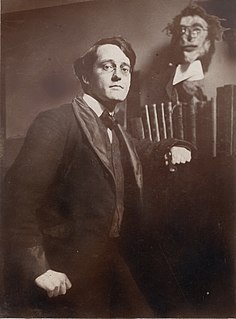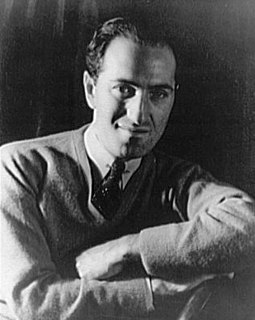A Quote by Christopher Meledandri
I've carried on, in that same tradition, with my kids. Aside from just his brilliance, in my estimation, I think he had one of the great imaginations of the 20th century. One of the reasons why the tradition carries on, all these years later, is because, as a parent, those are the books that you go to and pull off the shelf because they never stop delighting you.
Related Quotes
The Western music tradition is mostly addressed to a public that has a critical mind, and judges the quality of the writing, of the interpretation. And I think it is a great tradition! It pushes the musicians to always go further, and to never stop pushing the limits and explore what can be done with sounds. And great pieces of art were born from that tradition.
I'm not an advocate of true rhymes, I don't think. I think that everyone who writes musical theater needs to know how to do true rhymes, because that's the tradition of it, but I do think that in order for the art form to grow, it's important to not let tradition get in the way of innovation. There's all kinds of reasons not to use true rhyme in a lyric, like with off-color humor.
By 18th century standards, they [Great Britain] were the freest, most dynamic, most willing to challenge tradition and authority. They had the highest wages and highest living standard, and probably the most engagement between the populace and the government of any country. Then the United States took those same qualities to the nth degree, and the British were suddenly appeared stodgy and tradition-bound.
Those who feel guilty contemplating "betraying" the tradition they love by acknowledging their disapproval of elements within it should reflect on the fact that the very tradition to which they are so loyal—the "eternal" tradition introduced to them in their youth—is in fact the evolved product of many adjustments firmly but delicately made by earlier lovers of the same tradition.
Yeats regarded his work as the close of an epoch, and the least of his later lyrics brings the sense of a great occasion. English critics have tried to claim him for their tradition, but, heard closely, his later music has that tremulous lyrical undertone which can be found in the Anglo-Irish eloquence of the eighteenth century.
What is literary tradition? What is a classic? What is a canonical view of tradition? How are canons of accepted classics formed,and how are they unformed? I think that all these quite traditional questions can take one simplistic but still dialectical question as their summing up: do we choose tradition or does it choose us, and why is it necessary that a choosing take place, or a being chosen? What happens if one tries to write, or to teach, or to think, or even to read without the sense of a tradition? Why, nothing at all happens, just nothing.
Gershwin's melodic gift was phenomenal. His songs contain the essence of New York in the 1920s and have deservedly become classics of their kind, part of the 20th-century folk-song tradition in the sense that they are popular music which has been spread by oral tradition (for many must have sung a Gershwin song without having any idea who wrote it).
The Anglo-American tradition is much more linear than the European tradition. If you think about writers like Borges, Calvino, Perec or Marquez, they're not bound in the same sort of way. They don't come out of the classic 19th-century novel, which is where all the problems start. 19th-century novels are fabulous and we should all read them, but we shouldn't write them.
































